"Tempest Rising: A Nostalgic '90s RTS Experience"
From the moment I launched the Tempest Rising demo, a wave of nostalgia washed over me. The opening cinematic, complete with its delightfully cheesy dialogue from bulky armored soldiers and a reedy scientist, set the perfect tone. The game's music, UI design, and units are crafted to transport players back to the golden era of high school gaming nights, fueled by Mountain Dew, taco-flavored Pringles, and the thrill of staying up late with friends playing Command & Conquer. Recapturing that feeling in a modern game is exhilarating, and I'm eager to see what Slipgate Ironworks has planned for the full release and beyond. Whether diving into Skirmish mode against clever AI bots or engaging in Ranked Multiplayer, playing Tempest Rising feels as natural as slipping on a well-worn baseball glove.
This nostalgic journey is no coincidence. The developers at Slipgate Ironworks intentionally set out to create a real-time strategy (RTS) game that evokes the classics of the 90s and 2000s, while incorporating modern quality-of-life enhancements. Set in an alternate 1997, Tempest Rising unfolds in a world where the Cuban Missile Crisis escalated into World War 3, leading to nuclear devastation and the emergence of strange, energy-rich flowering vines. These plants herald a new era of power for those brave enough to harvest them amidst the fallout.
Tempest Rising Screenshots

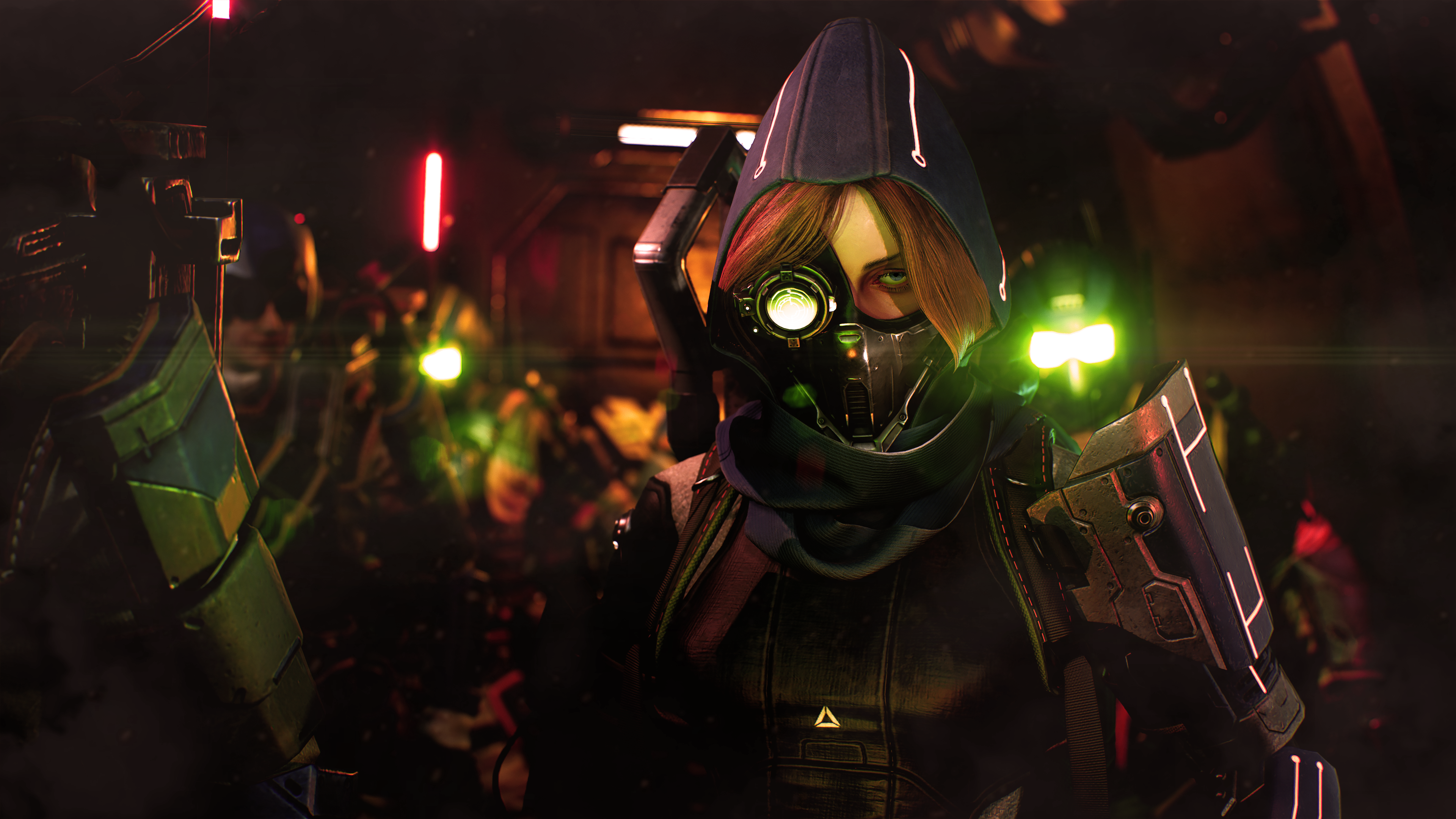 8 Images
8 Images
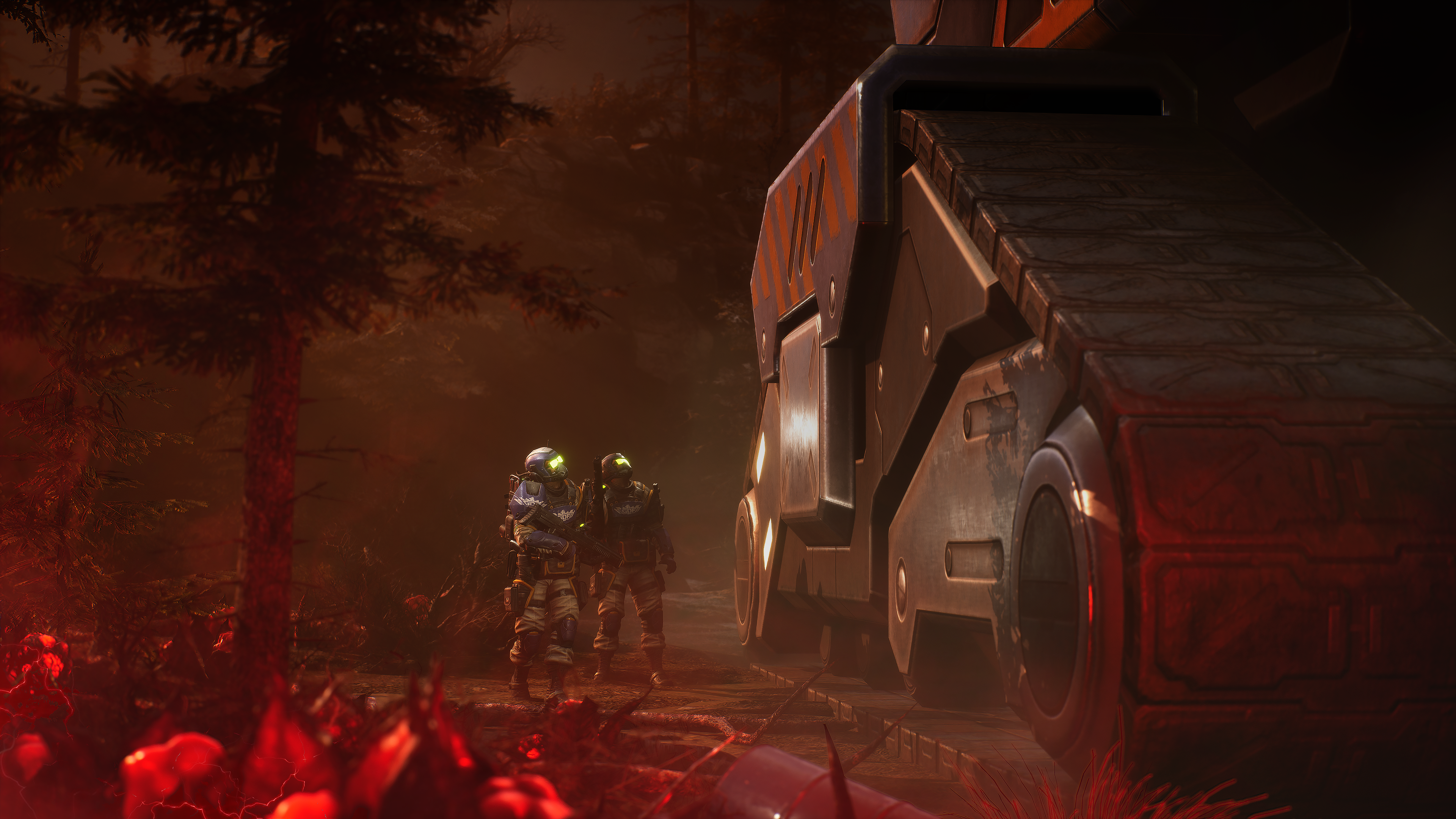
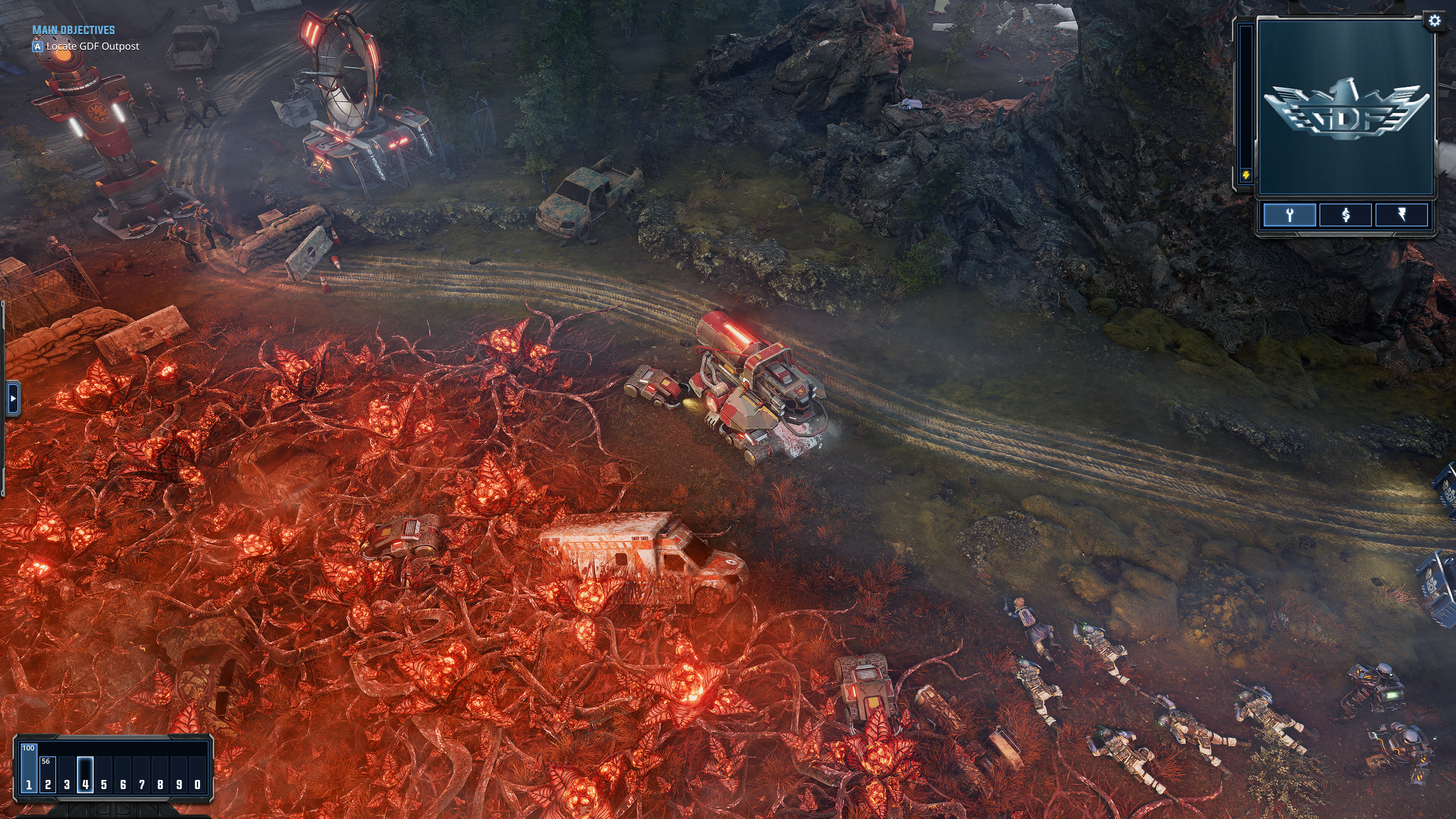
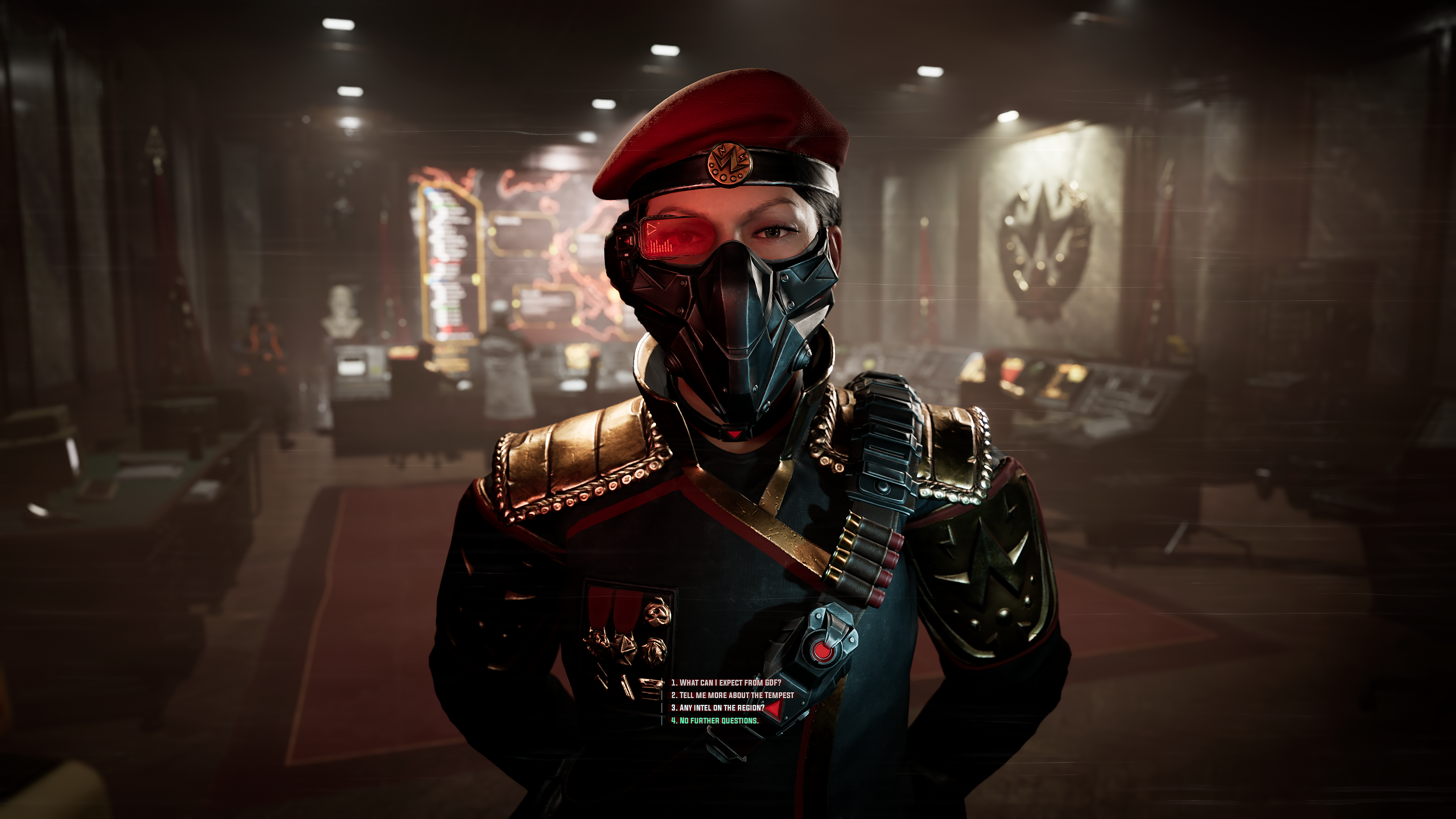 Since the build I played focused exclusively on multiplayer, I'm eagerly awaiting the story mode, which will feature two replayable 11-mission campaigns, one for each of the main factions showcased in the preview. The Tempest Dynasty (TD), an alliance of Eastern European and Asian countries hit hardest by WW3, and the Global Defense Forces (GDF), a coalition of the United States, Canada, and Western Europe, offer distinct gameplay experiences. A third faction remains a mystery for now, unavailable in the preview build, the Steam RTS Fest demo, or at launch.
Since the build I played focused exclusively on multiplayer, I'm eagerly awaiting the story mode, which will feature two replayable 11-mission campaigns, one for each of the main factions showcased in the preview. The Tempest Dynasty (TD), an alliance of Eastern European and Asian countries hit hardest by WW3, and the Global Defense Forces (GDF), a coalition of the United States, Canada, and Western Europe, offer distinct gameplay experiences. A third faction remains a mystery for now, unavailable in the preview build, the Steam RTS Fest demo, or at launch.
The Tempest Dynasty particularly captured my interest, not only for its quirky 'death ball' vehicle, the Tempest Sphere, which amusingly squashes enemy infantry, but also for its unique 'plans' system. These plans allow the activation of faction-wide bonuses from the Construction Yard, requiring only additional power generation and a brief 30-second cooldown to switch between them. The Logistics Plan speeds up building and resource harvesting, the Martial Plan enhances unit attack speeds and grants resistance to explosives, and the Security Plan reduces unit and building costs while improving repair functions and Radar vision. I found a satisfying rhythm by cycling through these plans to boost my economy, speed up construction, and then launch an enhanced offensive.
The Dynasty's flexibility extends to resource management. Instead of a traditional base with a Refinery, they use Tempest Rigs, mobile units that harvest resources until the field is depleted and can then move elsewhere. This makes executing a 'fast expand' strategy easier than ever, especially since these units can operate far from the base without detection. Deploying Tempest Rigs to distant areas allowed me to generate steady income while staying off my opponents' radar.
Another fun unit is the Salvage Van, which can repair nearby vehicles or switch to Salvage Mode to destroy them and reclaim resources, regardless of ownership. I relished sneaking up on unsuspecting opponents, positioning the Salvage Van next to their vehicles, and dismantling their forces while boosting my own resources.
Additionally, the Dynasty's power plants can switch to 'Distribution Mode,' enhancing nearby building construction and attack speeds at the cost of self-inflicted damage. Fortunately, this mode automatically deactivates at critical health levels, preventing self-destruction.
While I lean towards the Tempest Dynasty, the GDF has its own charm with a focus on buffing allies, debuffing enemies, and controlling the battlefield. The synergy between GDF units, particularly the Marking mechanic, is fascinating. Marked enemies drop Intel, a currency for advanced units and structures, and can suffer various debuffs through Doctrine upgrades, enhancing strategic play.
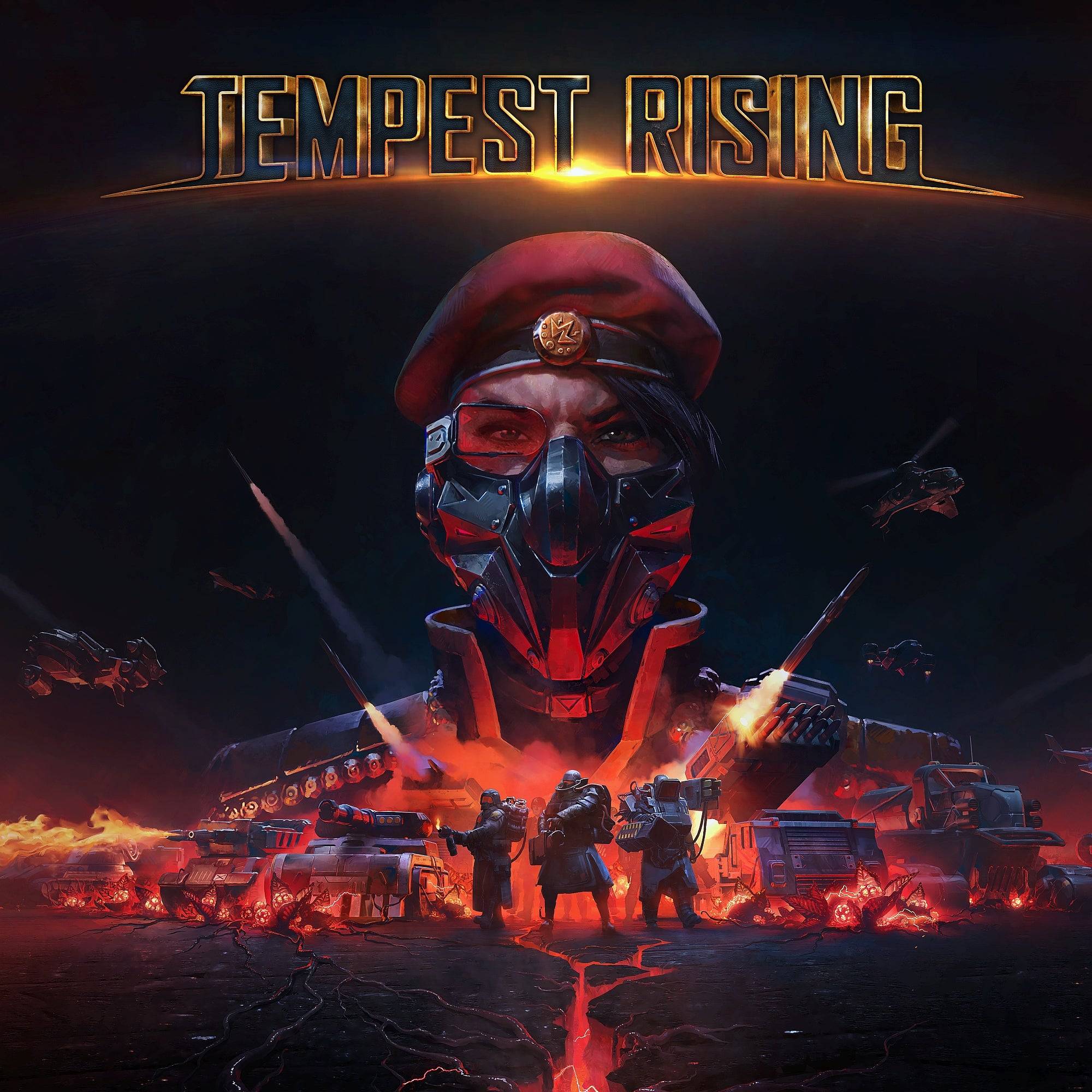 Tempest Rising3D Realms WishlistEach faction offers three tech trees to explore, allowing players to tailor their strategy. The Dynasty's 'Plans' tree enhances their unique abilities, while the GDF's 'Marking & Intel' tree focuses on tactical advantages. Advanced buildings unlock powerful cooldown abilities that can turn the tide of battle, from area damage to spawning extra troops. The GDF's unique capabilities include spy drones, remote building beacons, and temporarily disabling enemy vehicles.
Tempest Rising3D Realms WishlistEach faction offers three tech trees to explore, allowing players to tailor their strategy. The Dynasty's 'Plans' tree enhances their unique abilities, while the GDF's 'Marking & Intel' tree focuses on tactical advantages. Advanced buildings unlock powerful cooldown abilities that can turn the tide of battle, from area damage to spawning extra troops. The GDF's unique capabilities include spy drones, remote building beacons, and temporarily disabling enemy vehicles.
The Dynasty's fewer, upgradable buildings make each loss significant, countered by the Lockdown ability that prevents enemy takeovers at the cost of temporarily disabling the building. The Field Infirmary ability was particularly useful, allowing me to establish healing zones anywhere on the map, complementing the Dynasty's focus on both infantry and mechanized units.
There's much more to explore, and I'm excited for the full launch, which will introduce Custom Lobbies for team play against the clever AI bots known for their hit-and-run tactics. Until then, I'll continue squishing my bot enemies with swarms of death balls, eagerly anticipating the next chapter in Tempest Rising's saga.
- 1 STARSEED Update: Codes for January 2025 Released Feb 25,2025
- 2 Pokémon TCG Pocket: Wonder Pick Date, Time, and Promo Cards – February 2025 Mar 03,2025
- 3 How to Get All Ability Outfits in Infinity Nikki Feb 28,2025
- 4 Black Myth: Wukong Tops Steam Charts Days Before its Launch Jan 07,2025
- 5 Ukrainian Internet Stalled as 'S.T.A.L.K.E.R. 2' Release Overwhelms Dec 30,2024
- 6 inZOI, a Korean Sims-Like, Delayed to March 2025 Mar 01,2025
- 7 Starseed Asnia Trigger Codes (January 2025) Mar 06,2025
- 8 Assassin's Creed Shadows Postponed to March 2025 for Enhancements Feb 21,2025
-
Budgeting & Investing: Your Guide to Financial Apps
A total of 9
-
Addictive Hypercasual Games for Quick Play
A total of 10
-
Best Role Playing Games for Android
A total of 10






























